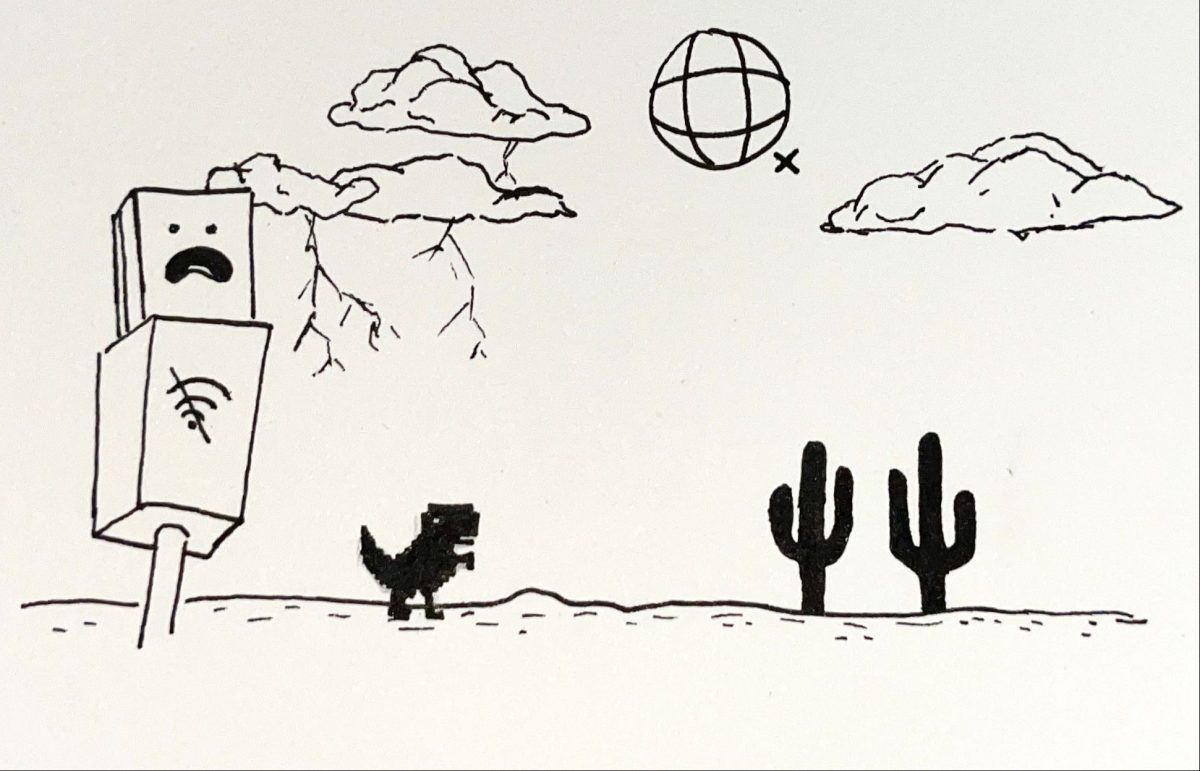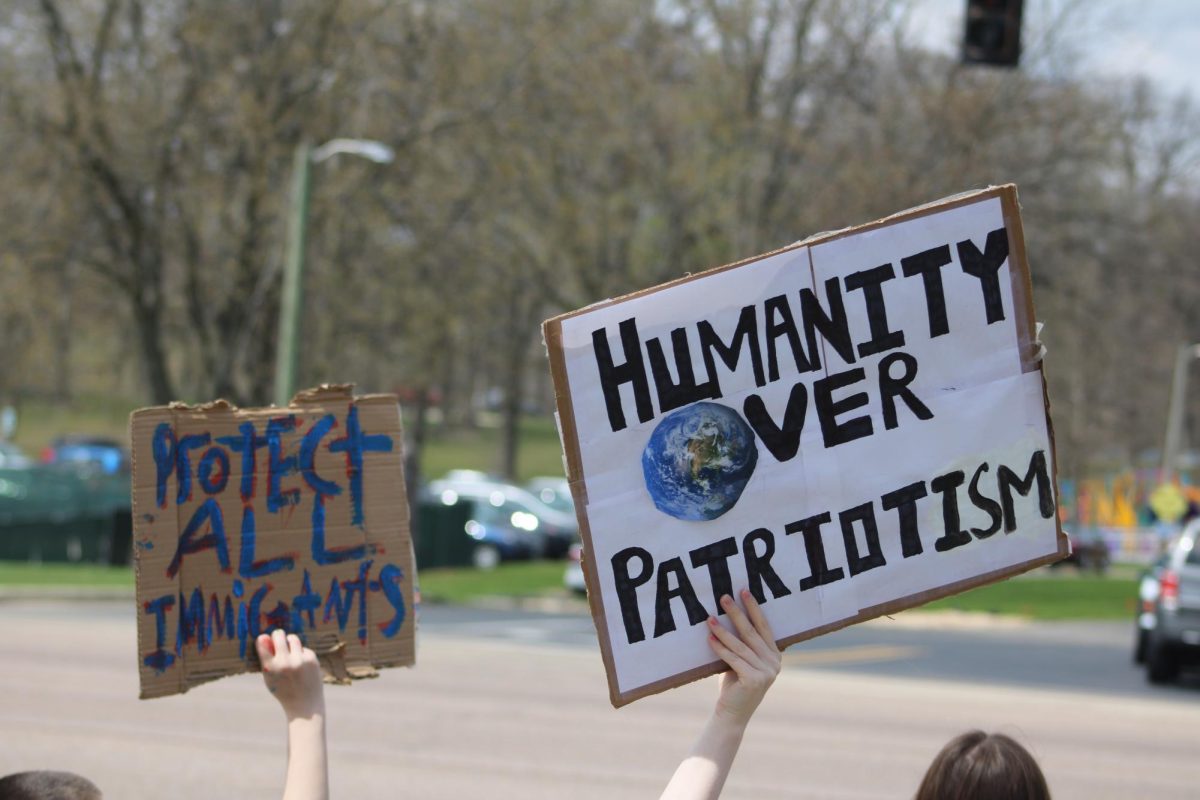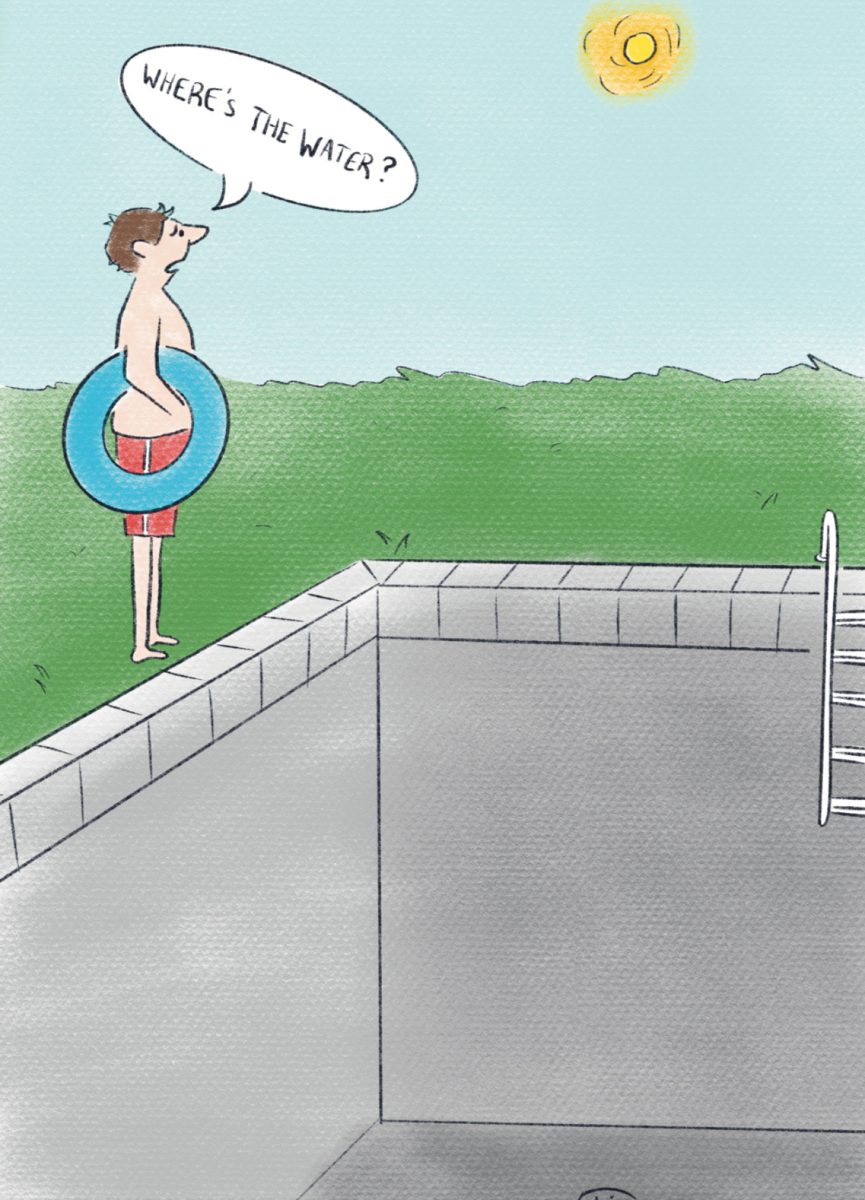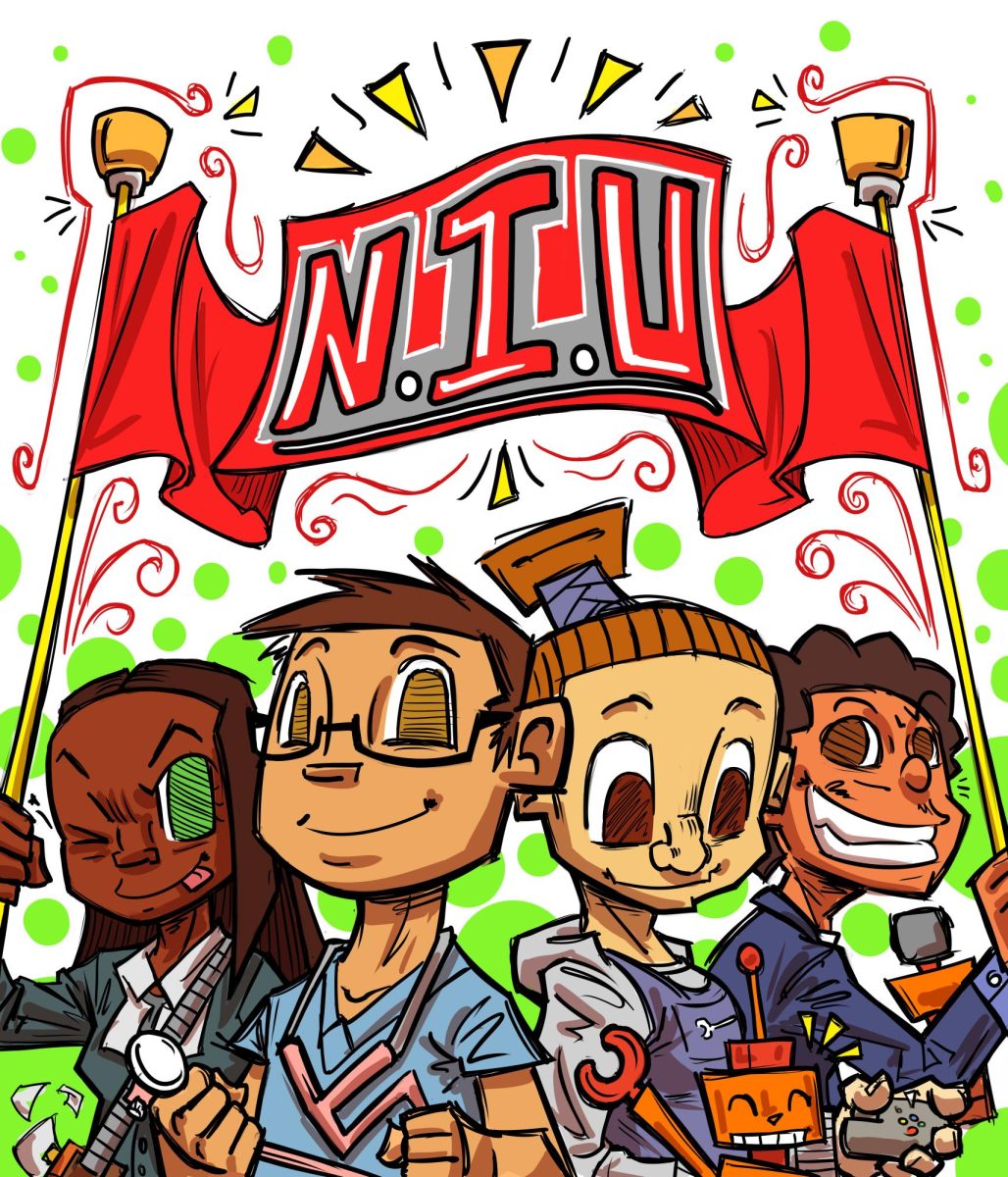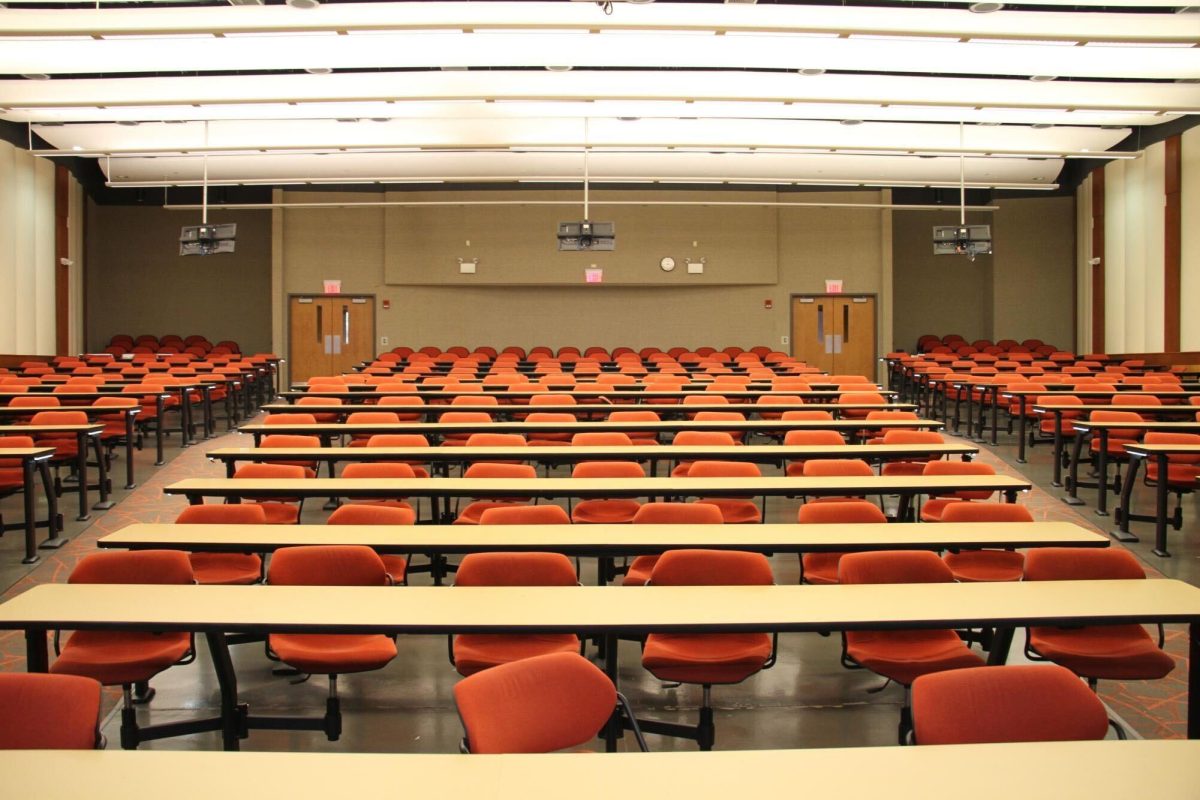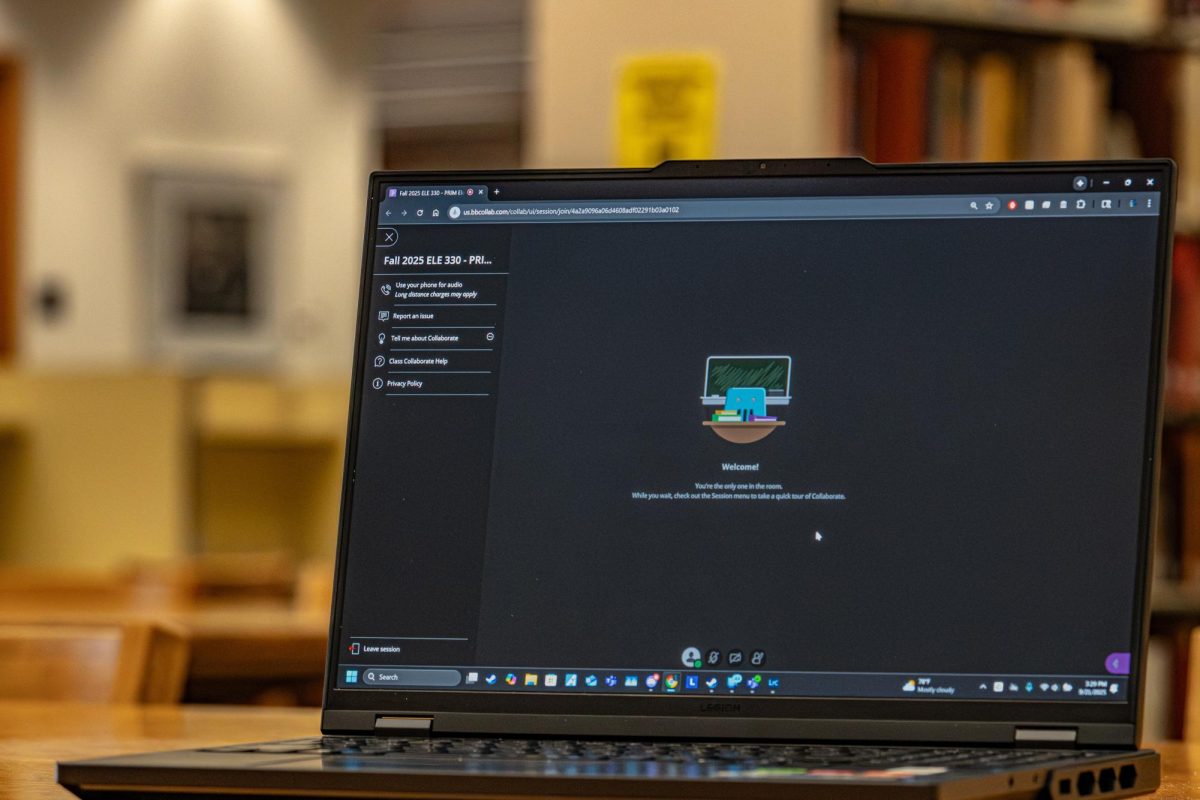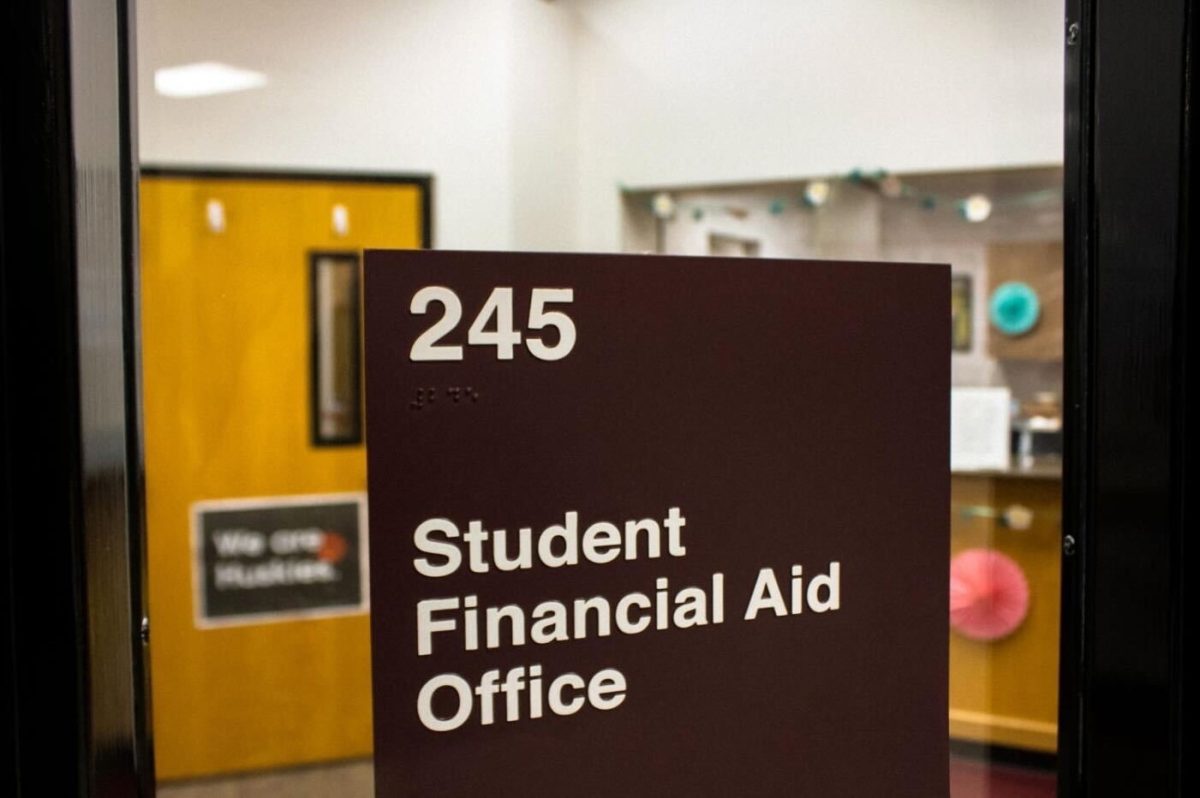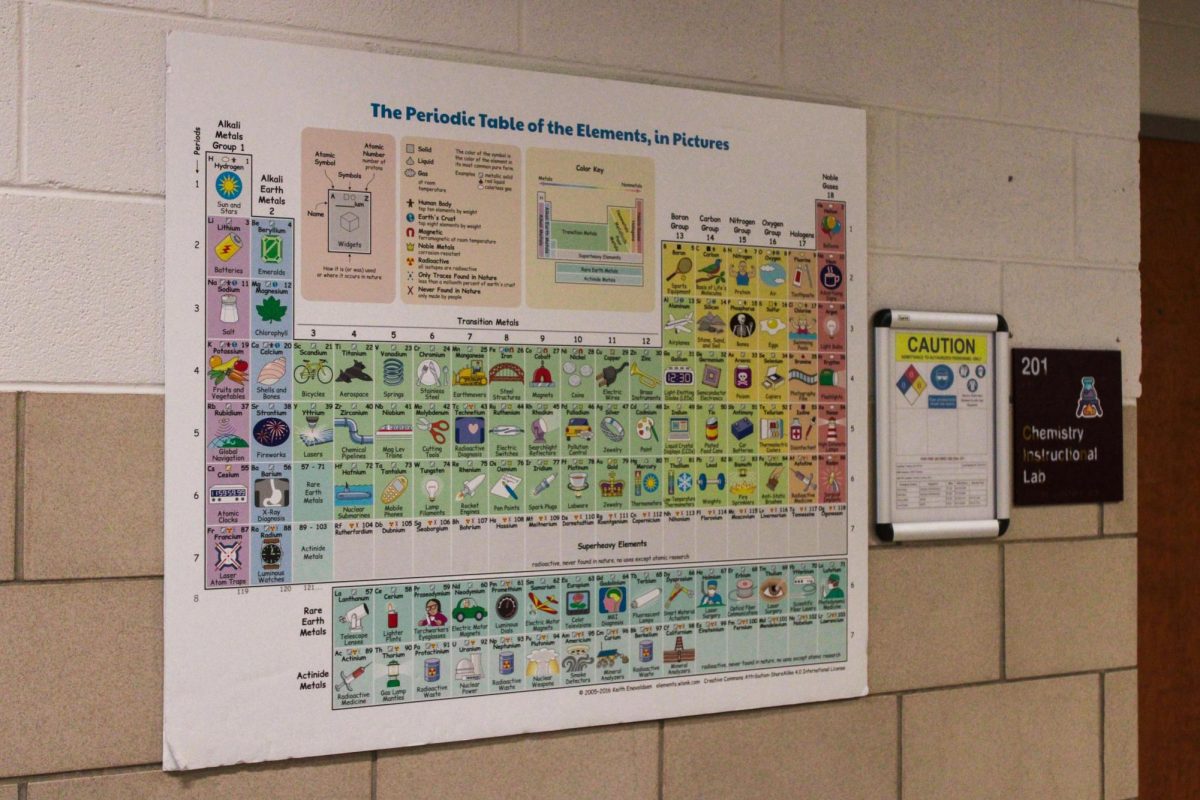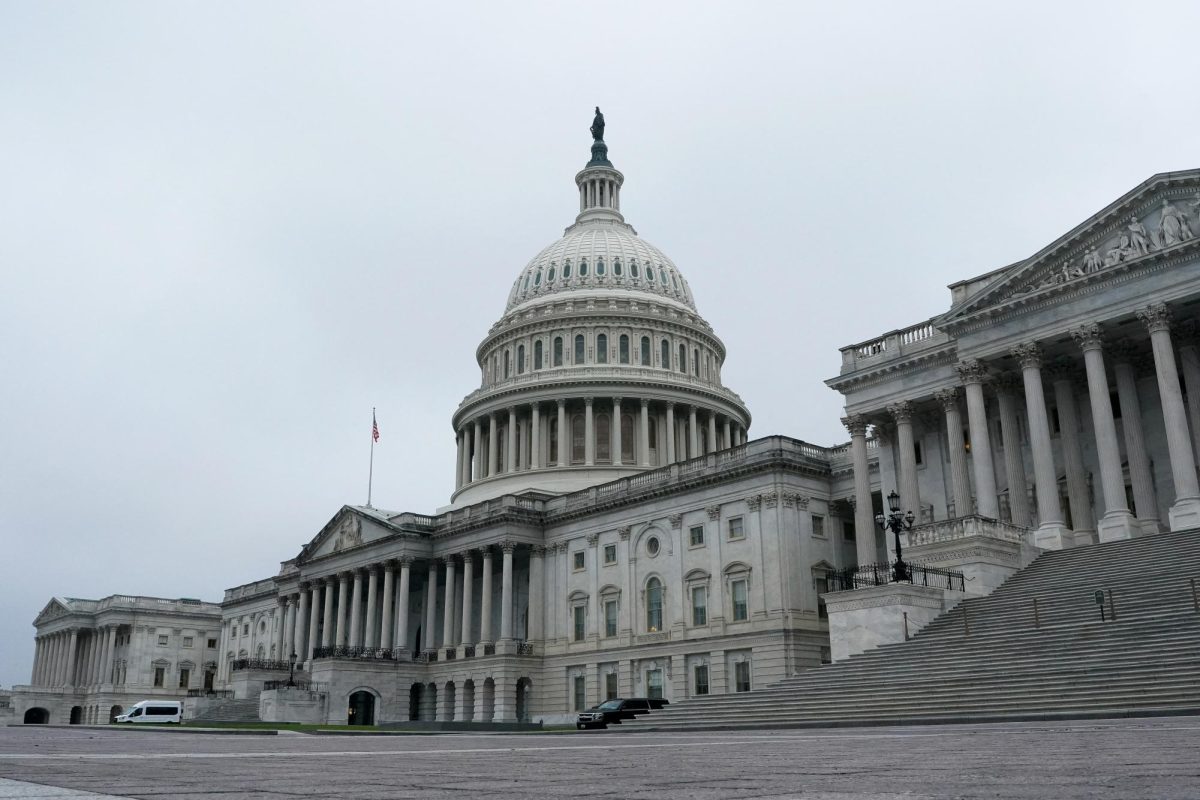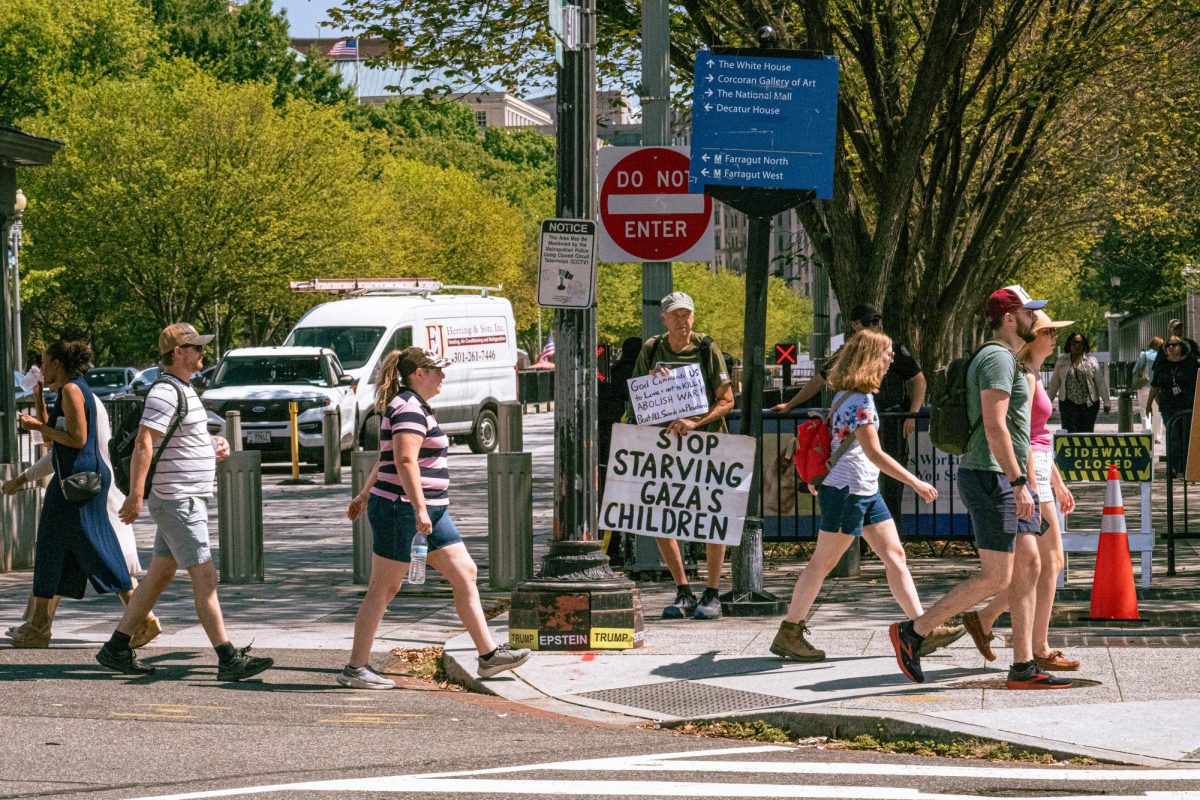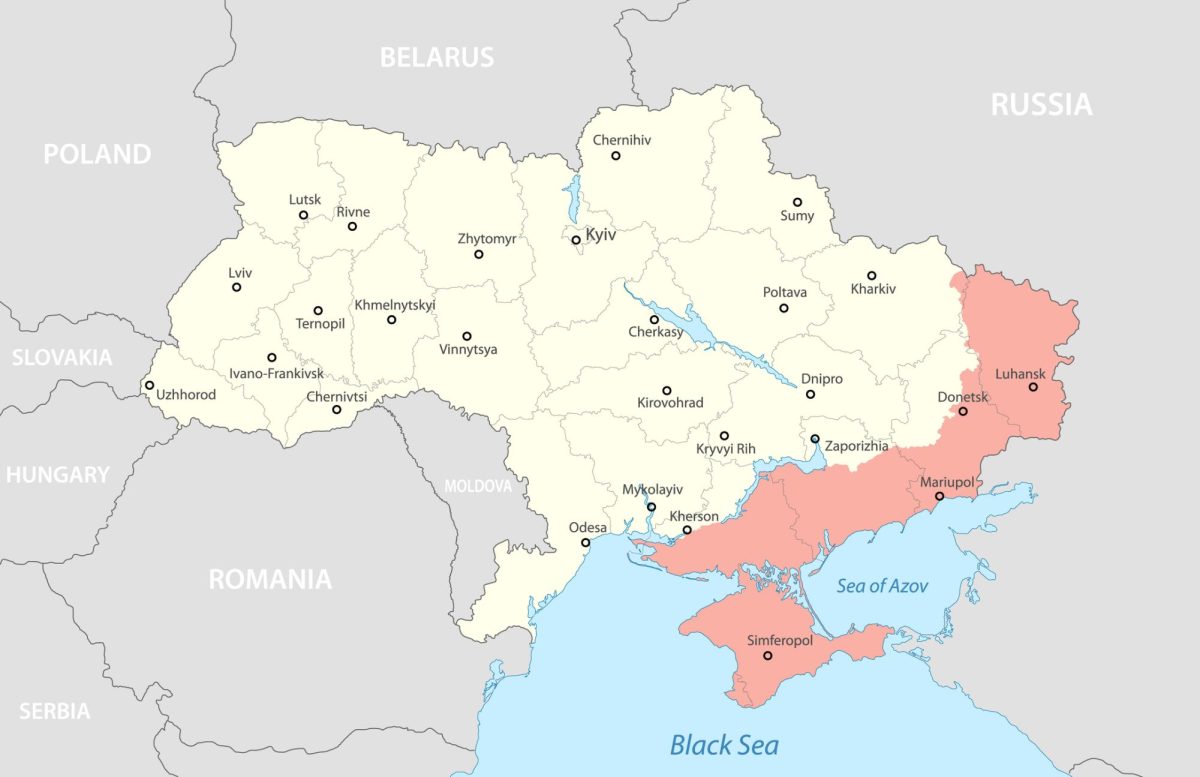Many of the pandemic social service programs are coming to a close: the Affordable Connectivity Program is one of them. In recent years, internet access has become a necessity – not merely a want; thus, this program should be worked into the federal budget in the post-pandemic world.
During the COVID-19 pandemic, internet usage skyrocketed with 90% of American adults reporting the internet has become essential or important to them, according to a Pew Research Center study. However, according to that same report, 26% of adults worry about payments for high-speed internet.
The Affordable Connectivity Program provided a discount of up to $30 for eligible households and up to $75 for those on qualifying tribal lands, according to the FCC.
April is the final fully-funded month of the ACP.
Post-pandemic, the internet continues to be an essential resource for students. At least 51% have reported using the internet for reading purposes and 50% for communication, according to a University of Nebraska study.
Former users of the ACP may qualify for the FCC’s Lifeline program, but it
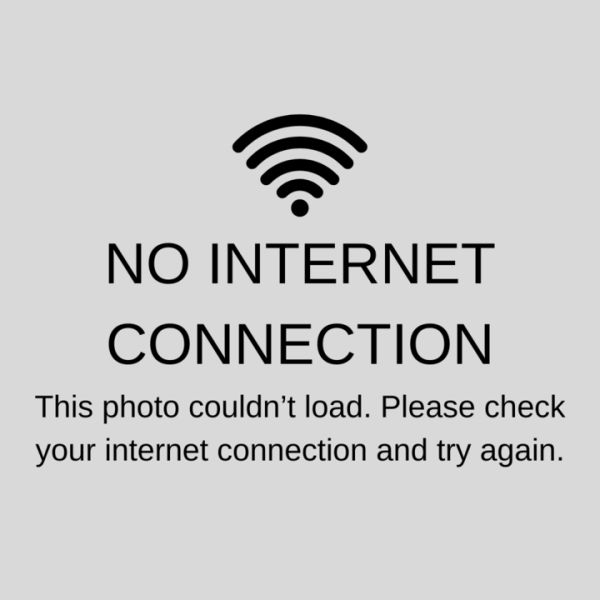
only provides a $9.25 monthly discount for qualifying households and $34.25 monthly discount for those on qualifying tribal lands.
However, this is far from an adequate replacement for the ACP. The end of the program will affect millions of people.
“I think it’s unfair,” said first-year nursing major Yasmine Bryant. “I think it’s really, you know, a privilege to be able to, you know, have WiFi or data, be able to get online. So I think that not everybody can access it because of financial issues is really unfair.”
The internet is often regarded as a privilege or luxury, not the necessity it is today. Continuing the ACP, or an equivalent, in contexts outside of the pandemic, would help to affirm the internet is integral to American life.
“When the internet was brand new, it was considered somewhat of a luxury. It was only available initially to people doing research and people at universities and things like this,” said David Gunkel, a professor of media studies in the department of communication. “But it has become as ubiquitous and as expected of people’s lives as say electricity, so it no longer is a kind of luxury; it’s more of a necessity.”
Given the necessity of the internet in day-to-day life, the Lifeline assistance is not enough.
“I do have my own carrier so I do have data that I can just use if I want to,” said first-year finance major Chirag Singh. “But if I’m at NIU and, you know, the WiFi is working as well, then I prefer to use theirs because it saves you the internet bill.”
The median cost of the internet in the United States is $75 monthly and 84% of Americans pay $50 per month or more for internet access, according to an October 2023 report.
This is not affordable.
Many government, banking and educational services have been moved online. They can only be accessed with an internet connection. Those who cannot afford the internet struggle to access these necessary services.
“Whether it be for our digital systems, whether it be for our automobiles or for our work or schooling, you need to have access to the internet for any of these cloud-based services,” Gunkel said. “So this is something that is only going to become more important as ever.”
Reliance on the internet is not going away. It’s important to have reasonable and reliable systems in place to help everyone gain affordable access to it.
There are a number of important social service acts that came about during the pandemic, but the ACP is one that needs to be continued, due to the importance of the internet in the world.
It’s almost impossible to exist as a person, especially a student, in our society without it.


